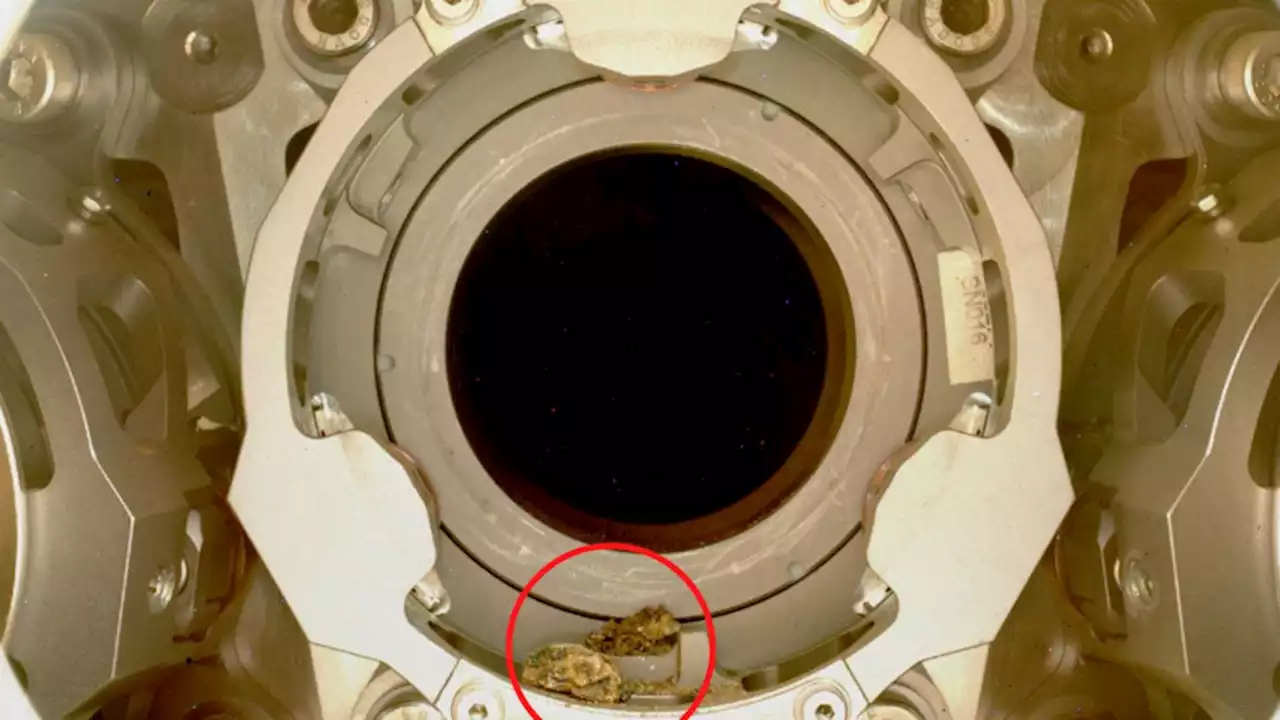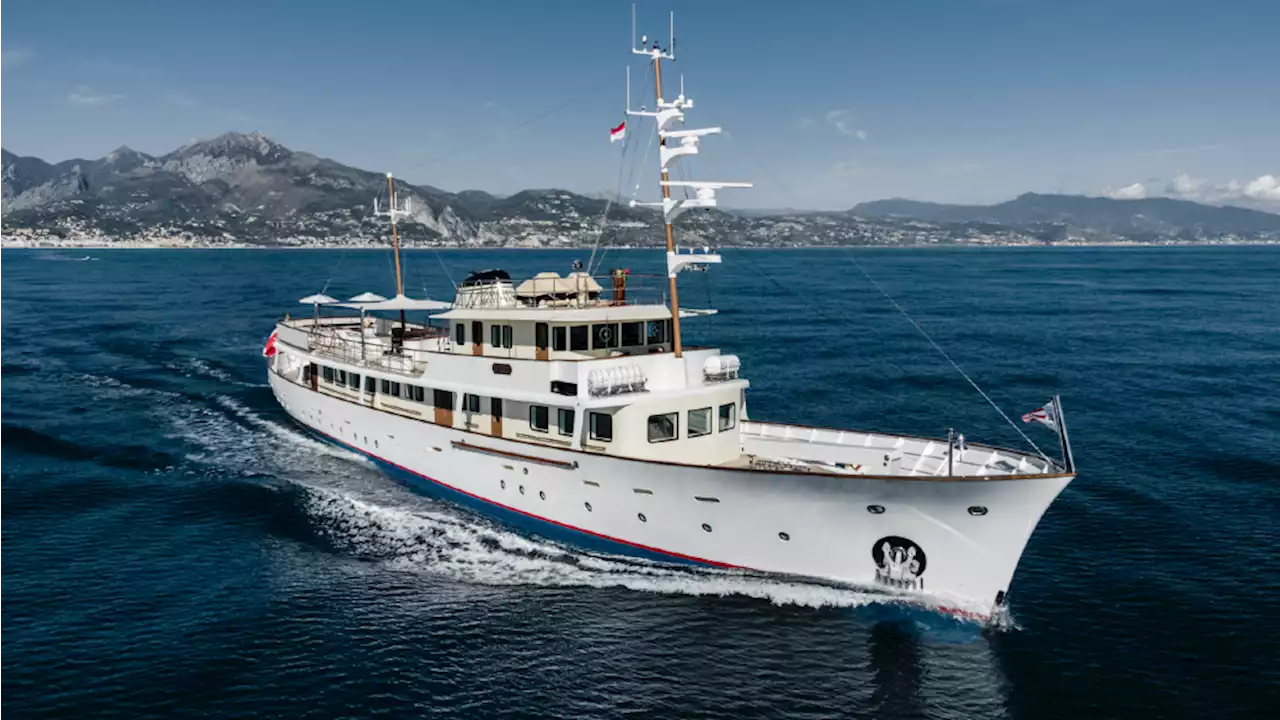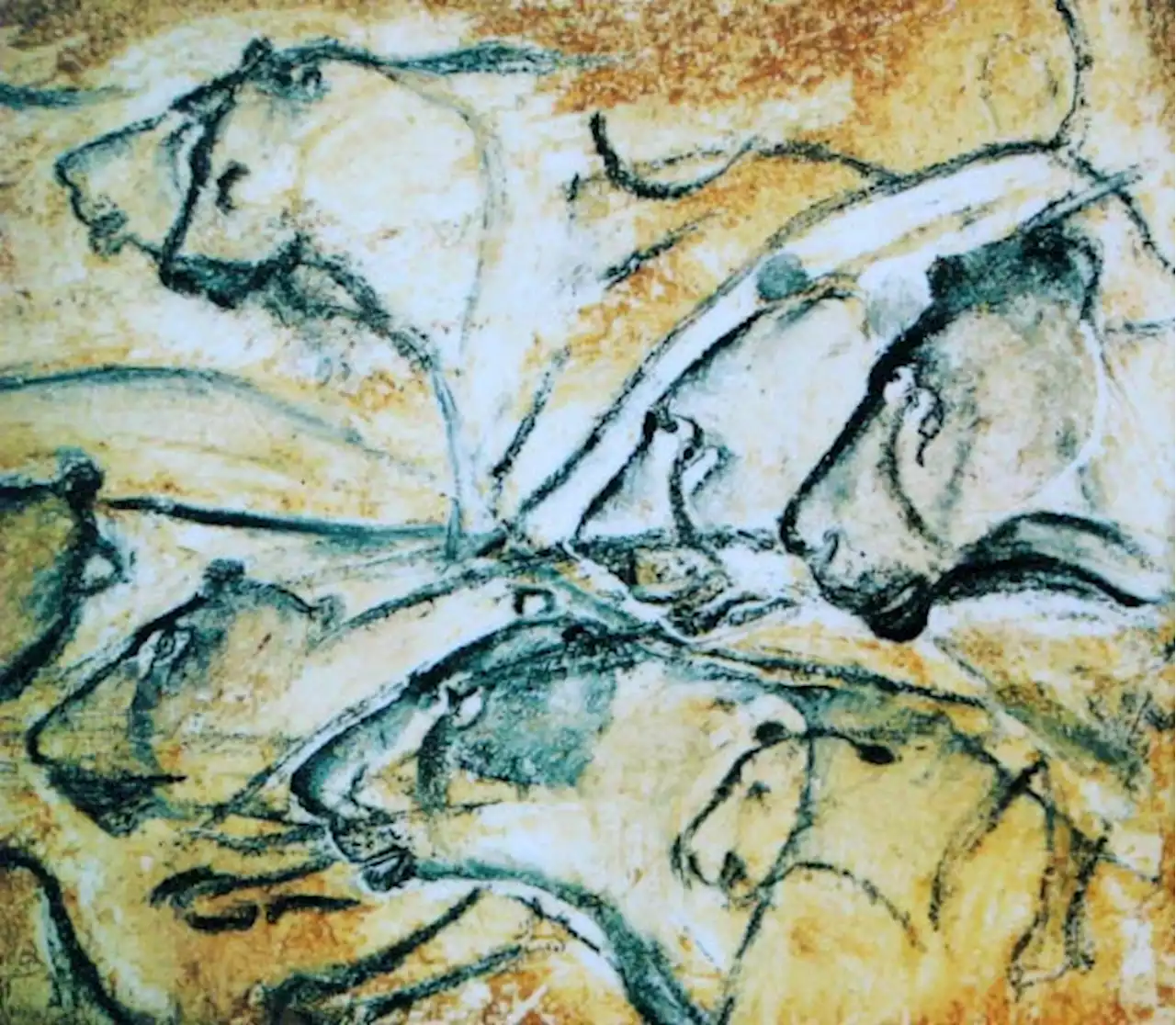Where I Work: Geophysicist Sergey Zimov tells us how he's rewilding a remote part of northeastern Siberia to help fight climate change
I am a geophysicist and founding director of the Northeast Science Station in Cherskii, Russia — a settlement of about 2,500 people in the delta of the Kolyma River in northeastern Siberia, beyond the Arctic Circle. Annual temperatures here average around −10 °C. For the past 30 years, my team has been trying to recreate the grassland ecosystem that existed here tens of thousands of years ago by repopulating the area with large herbivores, such as this camel.
Our aim is to investigate how we can affect the climate through ecosystem reconstruction. The project requires us to deal with a lot of societal and political issues. Our civilization is not able or willing to share living space with wild ecosystems: we tend to destroy them and then declare their pitiful remains ‘natural reserves’. If you treat nature this way, it’s hard to get it to help us save the climate.
We work with teams at the University of Alaska Fairbanks in the United States and the Max Planck Institute for Biogeochemistry in Jena, Germany, to track gas fluxes and other climate data from the ecosystem. In that way, we can see just how much the planet is warming. The winter here in Cherskii has already warmed by 6 or 7 degrees on average; we’ve even had winter rains.
This winter I’m spending my time writing papers and popular-science articles, as well as doing weekly visits to the park. The long polar night is upon us, and right now, as far as the eye can see — and that’s about 40 kilometres — there are no lights. I took this photograph in warmer times, in September last year. We want the animals here to be wild, not buddy-buddy with humans, and we don’t normally name them. But this camel is very tame because my son, Nikita, fed the herd on the long journey here. We run another park, 300 kilometres south of Moscow, and I wouldn’t dare get this close to the camels we have there.
France Dernières Nouvelles, France Actualités
Similar News:Vous pouvez également lire des articles d'actualité similaires à celui-ci que nous avons collectés auprès d'autres sources d'information.
 NASA's Perseverance Rover Runs Into a Snag While Collecting Samples on MarsThere's nothing like pebble sized debris to ruin a fine day on Mars. 👨🚀 engineering
NASA's Perseverance Rover Runs Into a Snag While Collecting Samples on MarsThere's nothing like pebble sized debris to ruin a fine day on Mars. 👨🚀 engineering
Lire la suite »
 Spider-Man: No Way Home's VFX Team on Recreating Its Vintage VillainsBringing all these old foes together again was quite an undertaking.
Spider-Man: No Way Home's VFX Team on Recreating Its Vintage VillainsBringing all these old foes together again was quite an undertaking.
Lire la suite »
 Simple Tweaks That Will Make Your Home Infinitely More Joyful Right NowHere, Feng Shui Master thetaoofdana dives into some of the big energetic shifts of 2022 and how to use feng shui to start activating this energy in your home and life. 🏡
Simple Tweaks That Will Make Your Home Infinitely More Joyful Right NowHere, Feng Shui Master thetaoofdana dives into some of the big energetic shifts of 2022 and how to use feng shui to start activating this energy in your home and life. 🏡
Lire la suite »
 Consumers want comfort, multifunctional appliances at homeConsumers are increasingly prioritizing comfort and space in designing and supplementing their dream homes.
Consumers want comfort, multifunctional appliances at homeConsumers are increasingly prioritizing comfort and space in designing and supplementing their dream homes.
Lire la suite »
 How a Rusted-Out ’50s Feadship Was Salvaged and Transformed Into a Modern ClassicLeft corroding in a marina, the vessel’s new owner decided he didn’t want to restore the 138-foot superyacht, but recreate her with modern systems.
How a Rusted-Out ’50s Feadship Was Salvaged and Transformed Into a Modern ClassicLeft corroding in a marina, the vessel’s new owner decided he didn’t want to restore the 138-foot superyacht, but recreate her with modern systems.
Lire la suite »
 Ancient Lions and Bears Colonized North America in Multiple Waves, DNA Study Says | Sci-News.comResearchers from the University of Adelaide and elsewhere have sequenced and analyzed mitochondrial DNA from fossils of cave lions (Panthera spp.) and brown bears (Ursus arctos).
Ancient Lions and Bears Colonized North America in Multiple Waves, DNA Study Says | Sci-News.comResearchers from the University of Adelaide and elsewhere have sequenced and analyzed mitochondrial DNA from fossils of cave lions (Panthera spp.) and brown bears (Ursus arctos).
Lire la suite »